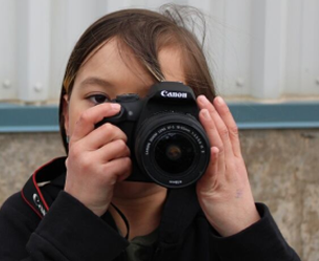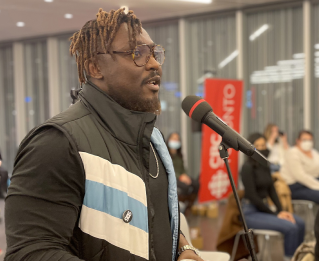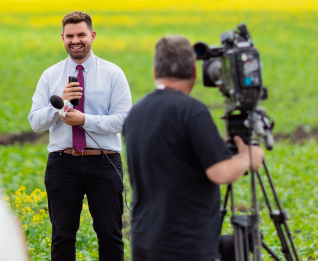Breaking Barriers
2023-2025 Accessibility Plan
We aim to be the barrier-free public service media organization that Canadians deserve.
Access our National Accessibility Plan and other documents relating to its implementation.
Becoming a more accessible public service media organization means making a difference in three key areas:
-
1
Offering an accessible and inclusive employee experience
We will foster an inclusive workplace culture by identifying, removing and preventing barriers.
On a live location, prior to a report.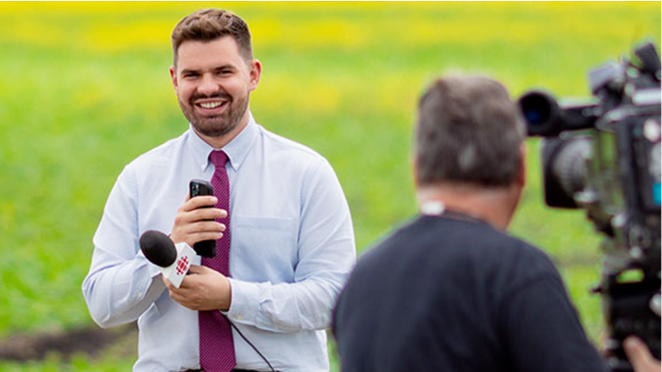
-
2
Reflecting disability in our stories and storytelling
We will distinguish ourselves through the representation and participation of people with disabilities in all aspects of our content creation.
LOVE, LEYMO, a CBC short doc.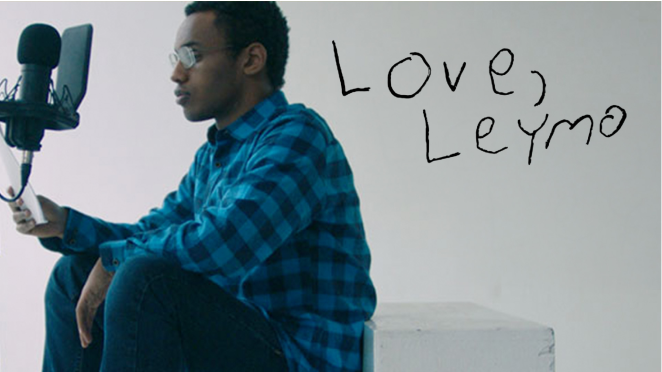
-
3
Championing accessibility in all that we do
We will drive accessibility by designing and delivering accessible services and programs.
One of our control rooms.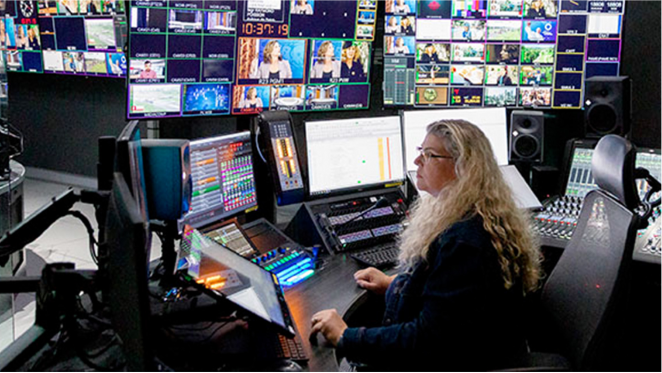
Learn more about what our employees with disabilities had to say on how CBC/Radio-Canada can become an inclusive organization.
Accessibility Feedback
We're committed to the realization of a Canada without barriers by 2040. Let us know what barriers you've encountered accessing our content.
Access our accessibility feedback page.Launch of our Accessibility Plan
On May 29, 2023, we unveiled our first National Accessibility Plan during a special live event. A panel of experts shared their experiences and perspectives on the representation of people with disabilities in our content and the measures necessary to make it more accessible. Catch up on the event right now:
A transcript is available here
